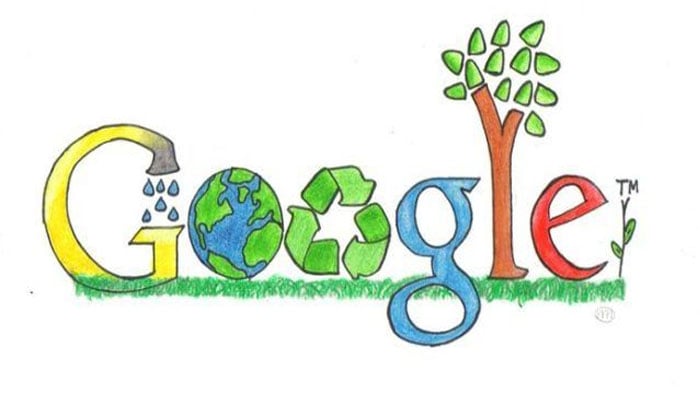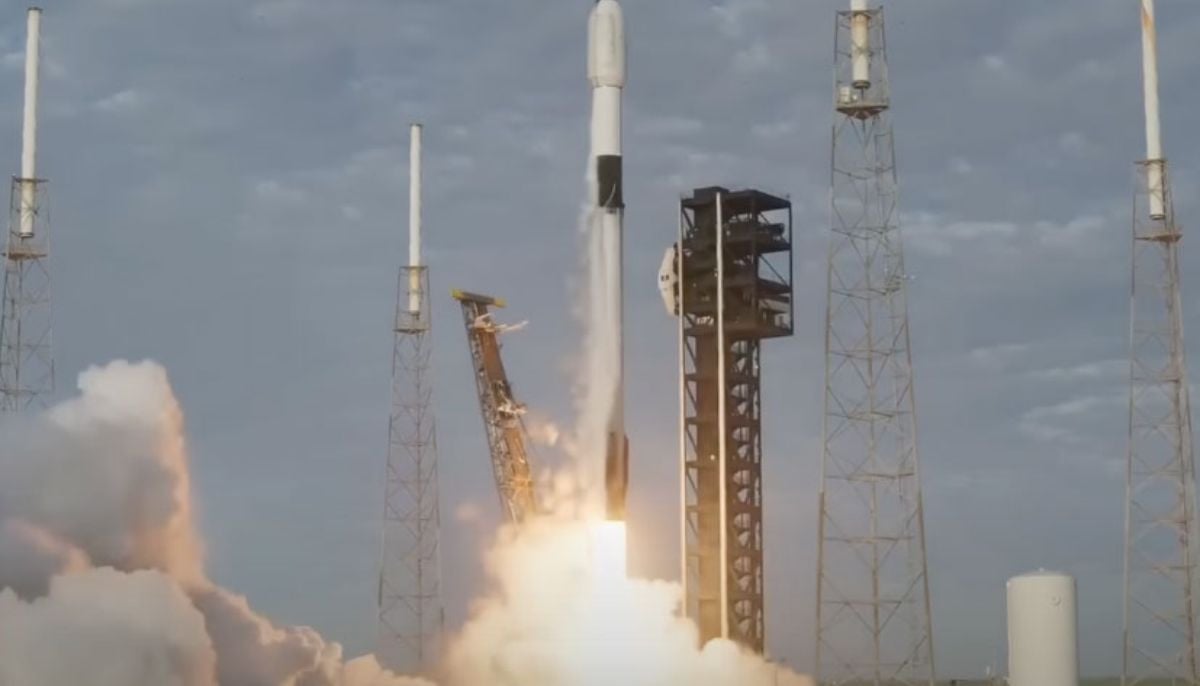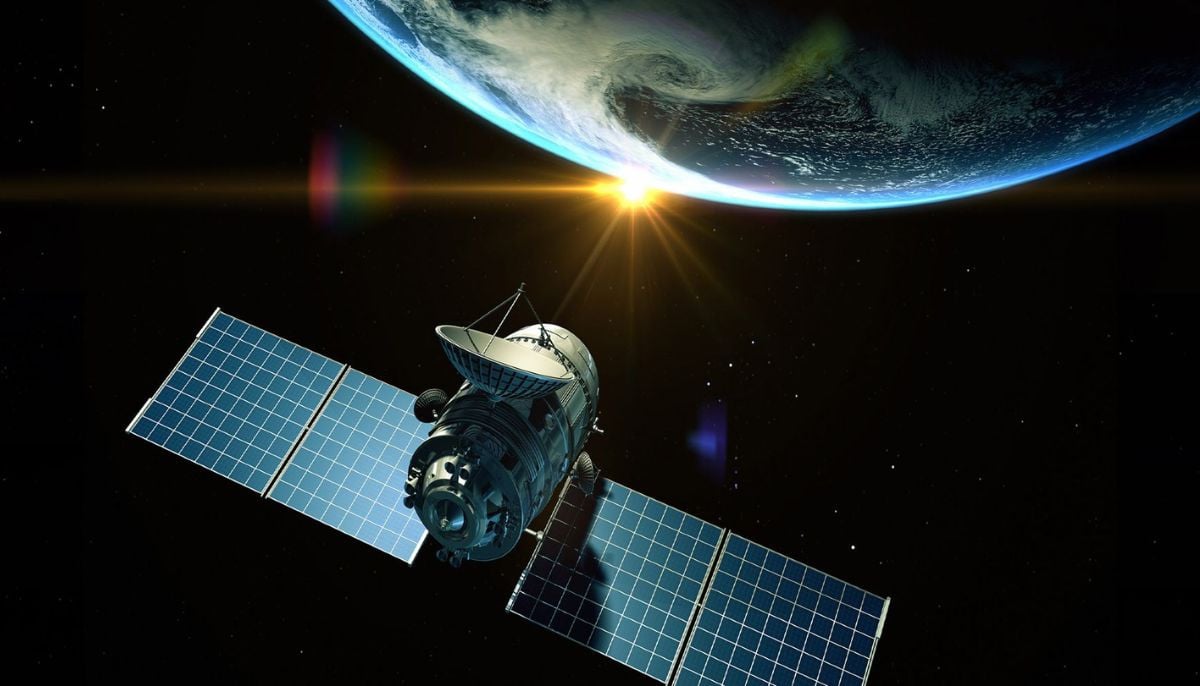Google green energy 'carbon-free' portfolio gets a boost
The US-based internet giant increased its wind and solar energy portfolio by more than 40 percent with deals for 1,600 megawatts of electricity.
SAN FRANCISCO: Google on Thursday announced a record-high boost to its green electricity purchases, saying the deals will spur construction of millions of solar panels and hundreds of wind turbines.
The US-based internet giant increased its wind and solar energy portfolio by more than 40 percent with deals for 1,600 megawatts of electricity.
"Once all these projects come online, our carbon-free energy portfolio will produce more electricity than places like Washington, DC or entire countries like Lithuania or Uruguay use each year," Google chief executive Sundar Pichai said in a blog post.
Pichai touted the combined new deals and agreements as the biggest corporate purchase of renewable energy in history.
Google's worldwide portfolio of wind- and solar-generated electricity agreements total 5,500 megawatts, which was described as the capacity of a million solar rooftops.
In 2017, Google became the first company of its size to offset its entire annual electricity consumption with renewable energy, and repeated the feat the following year, according to Pichai.
"As a result, we became the largest corporate buyer of renewable energy in the world," he said.
As internet services and computing hosted in the cloud are increasingly woven into users´ lifestyles, demand for power climbs at data centers handling the computing.
Google's latest green energy deals include investments in Chile, Europe and the US.
Pichai also announced two new grants from its philanthropic arm, Google.org, to support organizations that improve access to clean energy for all businesses.
Google.org will back a $500,000 grant to Renewable Energy Buyers Alliance in the US and a 500,000 euro grant to RE-Source in Europe.
"These are just a few of the ways we´re working to tackle climate change at a global scale," Pichai said.
"Our goal is to make sure technology can benefit everyone -- and the planet we call home."
-
SpaceX launches another batch of satellites from Cape Canaveral during late-night mission on Saturday
-
NASA targets March 6 for launch of crewed mission around moon following successful rocket fueling test
-
Greenland ice sheet acts like ‘churning molten rock,’ scientists find
-
Space-based solar power could push the world beyond net zero: Here’s how
-
Hidden ‘dark galaxy' traced by ancient star clusters could rewrite the cosmic galaxy count
-
Astronauts face life threatening risk on Boeing Starliner, NASA says
-
Giant tortoise reintroduced to island after almost 200 years
-
Blood Falls in Antarctica? What causes the mysterious red waterfall hidden in ice












